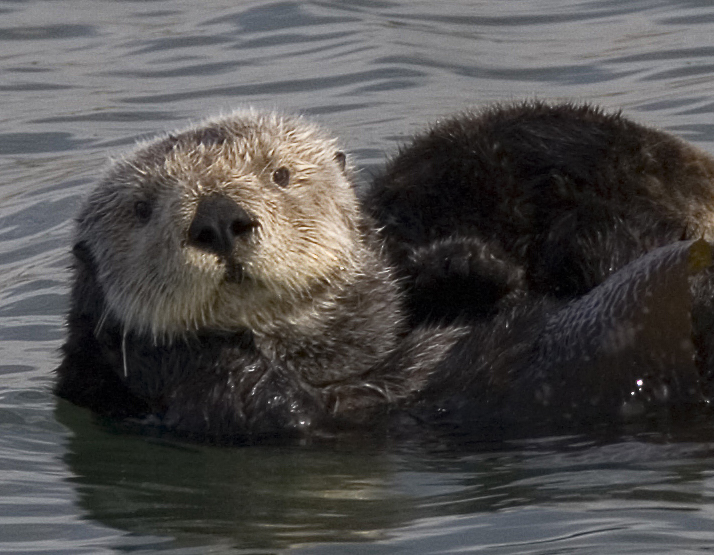
I’m sitting at the beach, where I’ve been the past week, and I’m thinking about time.
Cape Foulweather is out there, a spit in the ocean to the north, so shrouded in fog that I can’t see it at all. A little to the south, also invisible, lies Gull Rock. Hard by it is Otter Rock, a bony outcropping that hasn’t seen an actual otter in more than a century.
Up the road either way is a flimsy yet stubborn string of weathered motels, chowder joints, candy shops, taverns, groceries, kite shops and other human clingings to the edge of the continent. I’m partial to Mo’s, where you can get a decent beer and a decent chowder and a decent smile.
People scratch for a living here, and sometimes the scratches run deep. But on a beautiful day, when you’re pointing in the right direction and you aren’t looking at the scars, it can be one of the happiest places on earth.
And of course, the scars are there because we all want to come to this place and snatch a little happiness, and we all want to be comfortable while we’re at it. Yes, I burned precious liquefied dinosaur to get here.
I hear birds I can’t see. I breathe watery air. I sip black coffee. I feel almost at home.
When I’m down this way I like to visit Oregon State University’s Hatfield Marine Science Center, which has a pleasant walking path along the estuary of Yaquina Bay and where a lot of valuable research is done. In the visitors center, if you time things right, you can see the resident octopus chomping on crab at mealtime (kids love this show). In the little shop I found a fascinating-looking book of ship lore, from chanteys to wrecks to mutinies, that I didn’t buy because I already have a big stack of books waiting to be read. And the displays are always well-explained for general and young audiences: science made not easy, but accessible and interesting.
The Hatfield Center makes you think about geology, about the skeleton on which life attaches. To geology, the little things we think of as time are barely a blink. Yet in those blinks we can make a gawdamighty mess of things, often while we’re in the process of improving them. As one display panel says:
Most of nature does not run at the time that we measure in seconds or minutes or days. To understand these patterns we must understand time itself.
Impossible, of course. But we can take a stab at it. Under the circumstances, I’d say, we have to take a stab at it.
Continue reading Where have all the otters gone, long time ago?
 But on Wednesday the large smelly boys were paroled from a nine-month sentence in the Portland public school system, and
But on Wednesday the large smelly boys were paroled from a nine-month sentence in the Portland public school system, and